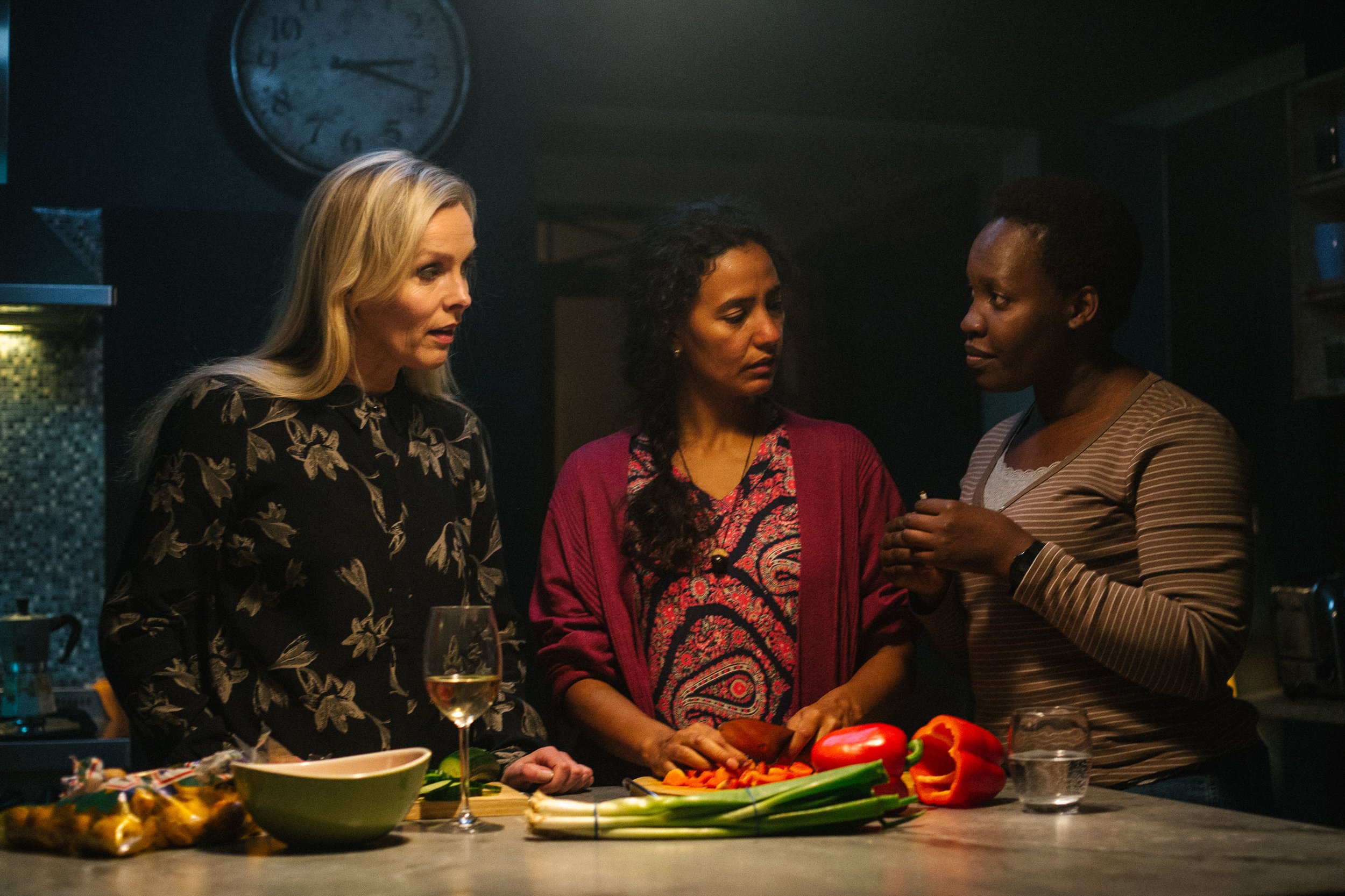The Deposit - REVIEW - Sydney Film Festival 2019
Iceland is a stunning country with awe inspiring landscapes but they still are affected by a lot of the worlds struggles. In today’s media landscape the concept of immigration fear is prevalent, particularly in Australia. In Iceland this issue has only recently bubbled to the surface and as such Ásthildur Kjartansdóttir’s feature film debut, The Deposit, is one of the only ones in the country to bring it to the forefront of discussion.
The film follows Gisella, a women in her 40’s with no job and financial issues who decides to let 3 migrant women come and live in her house with her. After a time what seems like a gesture of empathetic kindness slowly begins to shift and reveal the true cruelties of a world where most people prefer to reject what is different.
The story was adapted from a book titled Deposit by Auður Jónsdóttir published in 2006. Ásthildur decided to turn it into a film in 2008 and the process took nearly 10 years before it started production, by which time the themes within the film had actually become more relevant. I got to speak with Ásthildur about the story and she said, “The topic of the book is really essential for us today. It’s actually written as an allegory for the relationship between the government and immigrants. And the main themes are us and them, and what happens when we don’t respect each other.” With such powerful themes to explore the film captures these tensions of authority and autonomy very well within the three main characters.
As its winter in Australia at the moment the cool colour tones and shots of leafless trees in this film were particularly poignant and made me snuggle up as I began to watch what I thought would be a warm tale unfold. However the films blue tones and bare trees quickly began to symbolise more than just temperature as something began to shift within the character arc of the main protagonist and the strength of this film was revealed.
Having a female main cast allowed more emotional and psychological aspects to be explored than if the same story was told with male characters. I asked if this was something that Ásthildur had thought about. “Quite different struggle points they [men] might have,” she said. Women have strong empathetic qualities and the dynamic of mother and child that is explored in the film most certainly wouldn’t have worked with a father instead. “The one benefit if I had used men instead of women would actually be maybe people would have been more interested to see it. We are just learning to accept women protagonists.” Ásthildur said. The immigrants in the film are played by real immigrant women who give outstanding performances, which having found out they are real immigrants makes me wonder how much of their lived experiences they are drawing from to give these performances.
I was really taken on an emotional journey with this film and the ending, which I most certainly wont spoil, had me reeling. “The best thing about this film is that people want to talk afterwards” Ásthildur said, “people really like to talk about it. They like to talk about the persons and how they are and why they do what they do why they are like they are.” I couldn’t agree more. The frustration that I had no one around who had seen the film to discuss it with when it ended, was strong. So if you go and see this film I would highly recommend taking someone with you.
My highlight of the festival so far, The Deposit is a beautifully shot film with complex characters and an engaging story that deals with issues relevant to most countries around the world today. To book tickets for The Deposit check out the Sydney Film Festival website below.

